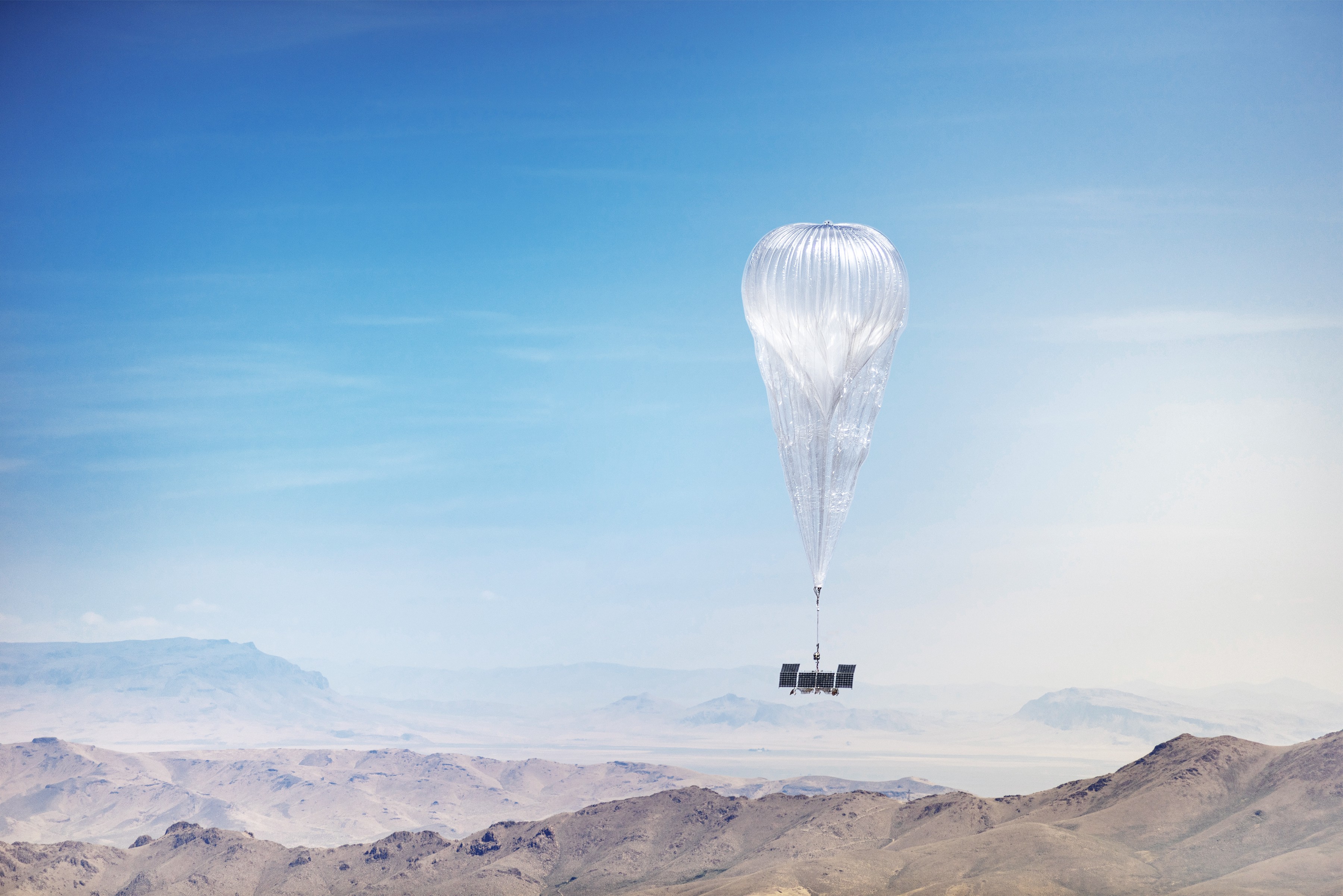 EMERGING TECH
EMERGING TECH
 EMERGING TECH
EMERGING TECH
 EMERGING TECH
EMERGING TECH
Google LLC’s parent company Alphabet Inc. said today that it’s giving up on the idea of using high-altitude hot air balloons to deliver internet connectivity to the world’s remotest regions.
Alphabet confirmed in a blog post that it’s winding down its nine-year-old Loon project and a two-and-a-half-year-old spinoff company because it can’t find a sustainable business model or willing partners. Loon was originally spun out of Alphabet’s “X” business unit, which is distinct from Google and home to most of its experimental projects.
The decision to wind down Loon is surprising because until recently it looked like the effort was paying off. In 2019, Loon raised $125 million in a funding round led by SoftBank Group Corp. And last summer, Loon announced it was partnering with the government of Kenya to launch balloons that would provide commercial connectivity services in that country.
Interestingly, the demise of Loon comes about a year after Google canceled a similar project called Google Station, which provided free connectivity to people at more than 400 railway stations in India and was looking to replicate the model in other countries.
It may be that Alphabet’s ambitions were thwarted by the competition from satellite constellation connectivity projects led by companies such as Amazon.com Inc. and SpaceX Corp. But if not, those companies could well be looking into the feasibility of those projects sometime in the future.
“We talk a lot about connecting the next billion users, but the reality is Loon has been chasing the hardest problem of all in connectivity — the last billion users,” Alastair Westgarth, chief executive of Loon, said in a blog post. “The communities in areas too difficult or remote to reach, or the areas where delivering service with existing technologies is just too expensive for everyday people. While we’ve found a number of willing partners along the way, we haven’t found a way to get the costs low enough to build a long-term, sustainable business. Developing radical new technology is inherently risky, but that doesn’t make breaking this news any easier.”
Still, Westgarth insisted that the effort had had some successes.
“The Loon team is proud to have catalyzed an ecosystem of organizations working on providing connectivity from the stratosphere,” he wrote. “The world needs a layered approach to connectivity — terrestrial, stratospheric, and space-based — because each layer is suited to different parts of the problem. In this area, Loon has made a number of important technical contributions.”
In a second blog post, Astro Teller, CEO of X and chairman of Loon’s board, said his firm was pledging a $10 million fund to support nonprofits and other businesses focused on connectivity, education, entrepreneurship and internet in Kenya. Alphabet will also take some of Loon’s technology and share this and other lessons it has learned with others.
“Some of Loon’s technology — like the high bandwidth (20Gbps+) optical communication links that were first used to beam a connection between balloons bopping in the stratosphere — already lives on in Project Taara,” Teller said. “This team is currently working with partners in Sub-Saharan Africa to bring affordable, high-speed internet to unconnected and under-connected communities starting in Kenya.”
Constellation Research Inc. analyst Holger Mueller said he was sad to see that Alphabet was pulling the plug on Loon.
“We in first world often forget that most of the rest of the world does not have fast internet coverage, and even if it does, many cannot afford it,” Mueller said. “Given the time and cost it takes to build ground-based infrastructure, airborne solutions seemed like a promising solution, so it’s sad to see that Google’s balloons have failed. It means there are no shortcuts to bring around one-third of the world’s population reliable internet access.”
THANK YOU